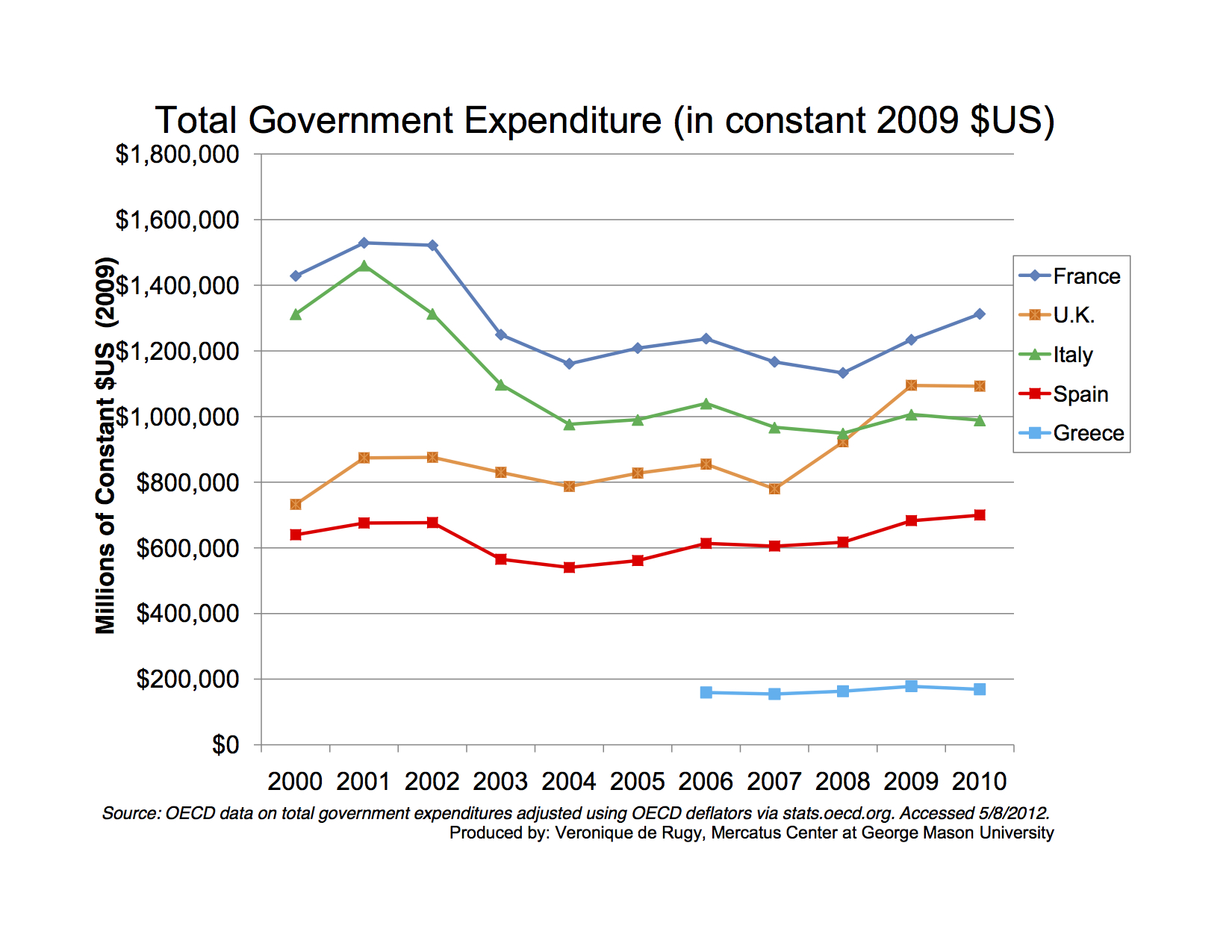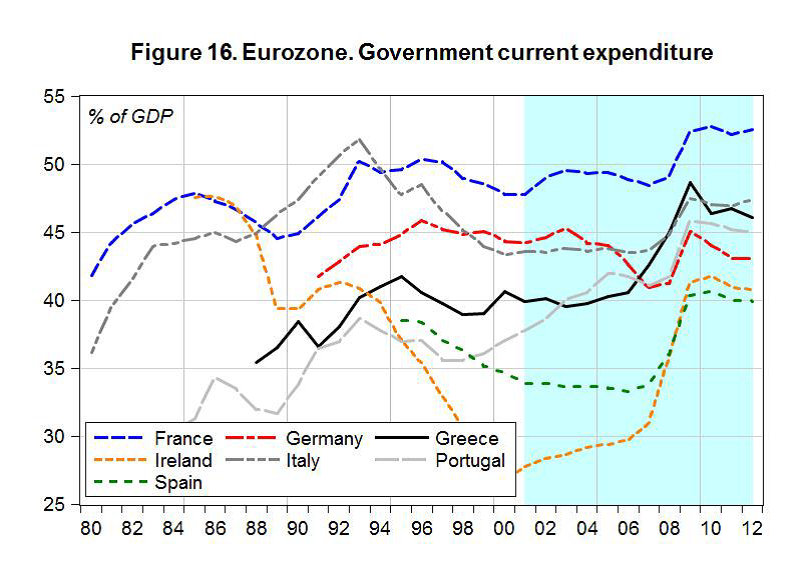Oh... i dunno... Impartiality? Honest reporting?
In case you missed, some examples for you and others...
http://www.neogaf.com/forum/showpost.php?p=170600986&postcount=1709
http://www.neogaf.com/forum/showpost.php?p=170599984&postcount=1706
http://www.neogaf.com/forum/showpost.php?p=170610421&postcount=1736
http://www.neogaf.com/forum/showpost.php?p=170566271&postcount=1616
http://www.neogaf.com/forum/showpost.php?p=170862623&postcount=2029
http://www.neogaf.com/forum/showpost.php?p=170563903&postcount=1602
http://www.neogaf.com/forum/showpost.php?p=170988509&postcount=2767
http://www.neogaf.com/forum/showpost.php?p=170809937&postcount=1984
http://www.neogaf.com/forum/showpost.php?p=170834660&postcount=1996
http://www.neogaf.com/forum/showpost.php?p=170965379&postcount=2257
http://www.neogaf.com/forum/showpost.php?p=170696623&postcount=1906
http://www.neogaf.com/forum/showpost.php?p=170883476&postcount=2053
http://www.neogaf.com/forum/showpost.php?p=170912081&postcount=2083
http://www.neogaf.com/forum/showpost.php?p=170547151&postcount=1420
http://www.neogaf.com/forum/showpost.php?p=170550664&postcount=1449
http://www.neogaf.com/forum/showpost.php?p=170866154&postcount=2033
http://www.neogaf.com/forum/showpost.php?p=170666332&postcount=1847
Also, don't forget the YES/NO being "close" according to polls...
Basically this (Summary only possible to you, edit and improve if you like): I also posted this in the ekathimerini comments section
The Greek government called the Greek media in for hearing not because they stated a different opinion; but for violating your duty of giving a proper non-biased coverage.
https://scontent-mxp1-1.xx.fbcdn.ne...=01278916ed188b050eb91f6436906e68&oe=5617CB56
No matter what way you look at it; facts don't lie. The media tried to fear monge the people into voting yes. Instead of presenting both opinions equally the media did the complete opposite.
Mega and quite a few newspapers went as far as photoshoping and video editing in order to try and convince people to vote for yes.
As shown here:
http://www.koutipandoras.gr/sites/d..._full/public/giagiades-katw.jpg?itok=W_0TNKKP or https://scontent-mxp1-1.xx.fbcdn.ne...=d28cc66ea1a8c10a10aaffcd5a5ef0e8&oe=562B78D0
Another issue is that the media actually broke the no 48 hour political messaging law; again trying to convince people to vote for yes. Such a channel was skai
http://i.imgur.com/3WpWY4D.jpg
The media is rightfully being called in for questioning and is rightfully being investigated.
This is how much the Greek Media owes for it taxes and TV rights just for 4 years: https://scontent-mxp1-1.xx.fbcdn.ne...=8bc0cf47a2eb57d79ef9f0bbb5701ce9&oe=56309C61
God forbid Syriza would make the media pay there taxes and god forbid they go after there corrupt owners.
Those owners have businesses; which are so intertwined with the past corrupt government that they'll do anything to bring them back. They offer favourable coverage and never to report on colossal scandals (like the Benizelos submarine debacle) unless prior exposed by internet journalism. In exchange for helping parties and politicians win the elections (or stay in power) they get numerous government deals and tax reliefs.
Babolas is one such person; he owns Mega channel and many Greek newspapers. He owns Aktor construction company which is somehow contracted to do 99% of all Greek public work. He is also the former boss of Potami.








